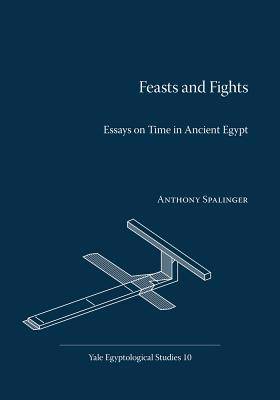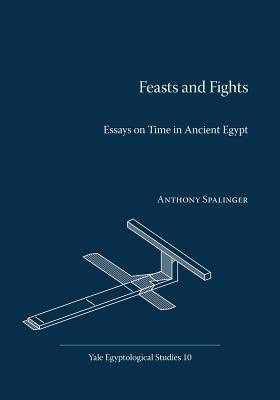
Bedankt voor het vertrouwen het afgelopen jaar! Om jou te bedanken bieden we GRATIS verzending (in België) aan op alles gedurende de hele maand januari.
- Afhalen na 1 uur in een winkel met voorraad
- In januari gratis thuislevering in België
- Ruim aanbod met 7 miljoen producten
Bedankt voor het vertrouwen het afgelopen jaar! Om jou te bedanken bieden we GRATIS verzending (in België) aan op alles gedurende de hele maand januari.
- Afhalen na 1 uur in een winkel met voorraad
- In januari gratis thuislevering in België
- Ruim aanbod met 7 miljoen producten
Zoeken
Omschrijving
Standing as a summary of Spalinger's ideas at the time of the Yale lectures in 2012, this study covers two research sides of modern Egyptological research by a life-long student of ancient Egyptian calendrics and the Egyptian military. The first three chapters cover the development of Richard Parker's seminal study from 1950 and move into the present stage of scholarship. Very important is the author's clarification of what Parker wrote in his paradigmatic work, a slim volume often misunderstood. Hence, the thrust of argument concentrates upon the dating of feasts, the names of the Egyptian months and their metamorphoses, in addition to the retention of lunar-based phenomena. Two final chapters turn to the military aspects of New Kingdom warfare, with emphasis placed upon Seti I and logistical arrangements.
Specificaties
Betrokkenen
- Auteur(s):
- Uitgeverij:
Inhoud
- Aantal bladzijden:
- 176
- Taal:
- Engels
- Reeks:
Eigenschappen
- Productcode (EAN):
- 9780974002583
- Verschijningsdatum:
- 31/07/2018
- Uitvoering:
- Paperback
- Formaat:
- Trade paperback (VS)
- Afmetingen:
- 175 mm x 254 mm
- Gewicht:
- 299 g

Alleen bij Standaard Boekhandel
+ 79 punten op je klantenkaart van Standaard Boekhandel
Beoordelingen
We publiceren alleen reviews die voldoen aan de voorwaarden voor reviews. Bekijk onze voorwaarden voor reviews.









